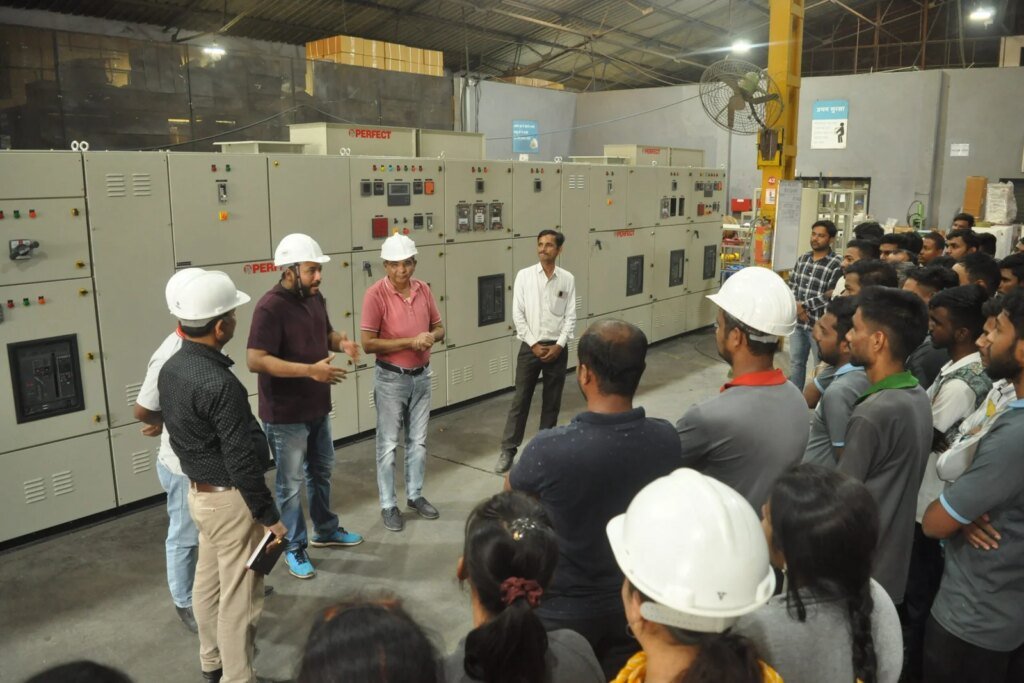
Generator Wattage Requirements for Home Appliances: A Comprehensive Guide
Having a generator can be a lifesaver when it comes to power outages. However, it’s essential to understand the wattage requirements of your home appliances to ensure that your generator can handle the load.
This comprehensive guide will break down the generator wattage requirements for various home appliances, helping you make informed decisions and avoid overloading your generator.
Understanding Wattage Requirements
Basics of Wattage
Wattage is a measure of electrical power. Understanding the basics of wattage is crucial for calculating the power needs of your home appliances.
Starting vs. Running Wattage
Appliances have two types of wattage requirements: starting and running. Starting wattage is the initial power needed to start an appliance while running wattage is the power needed to keep it operating.
Importance of Accurate Load Calculation
It’s essential to consider both starting and running wattage for accurate load calculation. This ensures that your generator can handle the peak power requirements of your home.

Common Home Appliances and Their Wattage Requirements
Refrigerator and Freezer
- Typical Wattage: Varies between 500 to 800 watts
- Starting Wattage: Can go up to 1200 watts during compressor kick-in
- Considerations: For multiple units or larger models, wattage requirements may differ.
Air Conditioner
- Typical Wattage: Ranges from 2000 to 4000 watts
- Starting Wattage: Can be as high as 6000 watts during compressor startup
- Considerations: Different AC types have varying wattage requirements.
Heating Systems
- Typical Wattage: Electric furnaces can require up to 10,000 watts
- Starting Wattage: May go up to 12,000 watts during startup
- Considerations: Alternative heating sources like wood stoves have different wattage needs.
Kitchen Appliances
- Oven and Stove: Electric models
- can require up to 5000 wattsMicrowave: Ranges from 600 to 1200 watts
- Dishwasher: Around 1500 watts during different cycles
Additional Considerations
The benefits of periodic load testing to verify your generator’s ability to handle its intended load.
Lighting
Different types of bulbs have varying wattage requirements, from energy-efficient LEDs to traditional incandescent bulbs.
Electronics
TVs, computers, and entertainment systems also have specific wattage needs to be considered when sizing your generator.
Laundry Appliances
Washing machines and dryers can require up to 5000 watts, especially during their heating cycles.
Power Tools
Common tools like drills and saws have their wattage requirements, which can be crucial if you plan to use them during an outage.
Calculating Total Wattage and Sizing Your Generator
Add up the wattage requirements of all your appliances and consider their simultaneous operations. Choose an appropriate Perfect House Ltd. generator size based on this calculated wattage to meet your power needs effectively.
Conclusion
Understanding the wattage requirements for your home appliances is crucial when selecting a generator from Perfect House Ltd. This comprehensive guide is valuable for making informed decisions and ensuring your generator can meet your power needs during an outage.


Post a comment